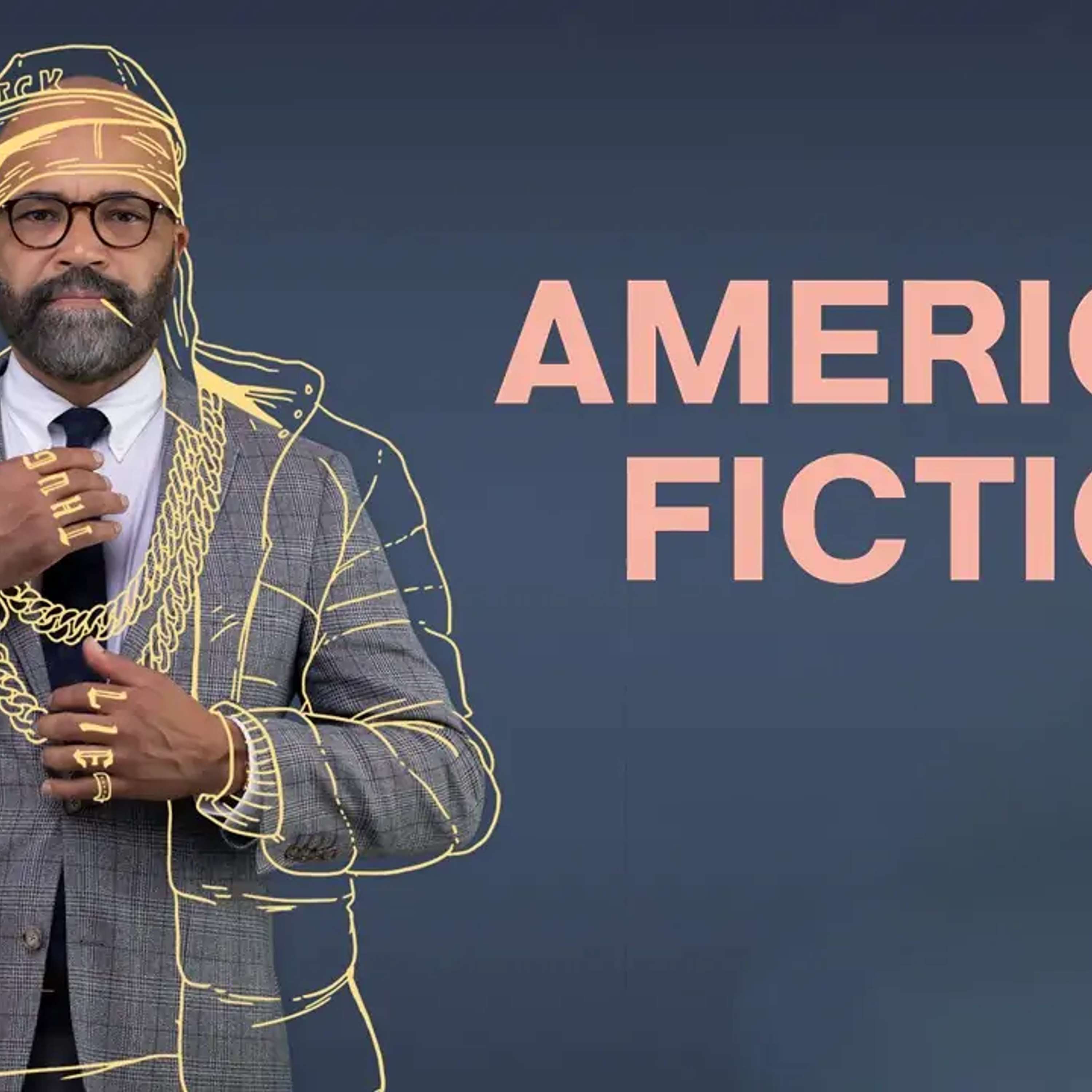How does this 2023 film satirize the market forces in the publishing world? How does the market encourage those indulge and pander to liberal white guilt and traffic in stereotypes concerning black Americans? What, if any significant difference is there between the motivations and justifications Thelonius ‘Monk’ Ellision and fellow author, Sintara Golden, both upper middle-class, well-educated and black, cite to explain why they write stories that indulge these stereotypes? In the end, are they all that different from each other? Is there anything objectionable in their both pandering to liberal sensitivities of the literary and Hollywood markets? How does the film’s late twist or reveal, showing Monk pitching, instead of his novel, My Pafology, his own story, the story of how he came to write the novel under the pseudonym ‘Stagg R. Leigh,’ force the audience to reflect back upon the whole film? Does it raise questions as to how much trust we can put in the film’s portrayal of its main characters, his family? How does the case of Cliff, his brother, illustrate? How does this film comment upon and fit into the history of the portrayal of black Americans in film? How do Hollywood’s recent efforts at inclusion and portrayal of minority groups play out as films are distributed to world markets? What does this reveal about Hollywood’s primary motivations in these efforts?
Philosophy at the Movies
American Fiction

How does this 2023 film satirize the market forces in the publishing world? How does the market encourage those indulge and pander to liberal white guilt and traffic in stereotypes concerning black Americans? What, if any significant difference is there between the motivations and justifications Thelonius ‘Monk’ Ellision and fellow author, Sintara Golden, both upper middle-class, well-educated and black, cite to explain why they write stories that indulge these stereotypes? In the end, are they all that different from each other? Is there anything objectionable in their both pandering to liberal sensitivities of the literary and Hollywood markets? How does the film’s late twist or reveal, showing Monk pitching, instead of his novel, My Pafology, his own story, the story of how he came to write the novel under the pseudonym ‘Stagg R. Leigh,’ force the audience to reflect back upon the whole film? Does it raise questions as to how much trust we can put in the film’s portrayal of its main characters, his family? How does the case of Cliff, his brother, illustrate? How does this film comment upon and fit into the history of the portrayal of black Americans in film? How do Hollywood’s recent efforts at inclusion and portrayal of minority groups play out as films are distributed to world markets? What does this reveal about Hollywood’s primary motivations in these efforts?
- Broadcast on:
- 07 Apr 2024